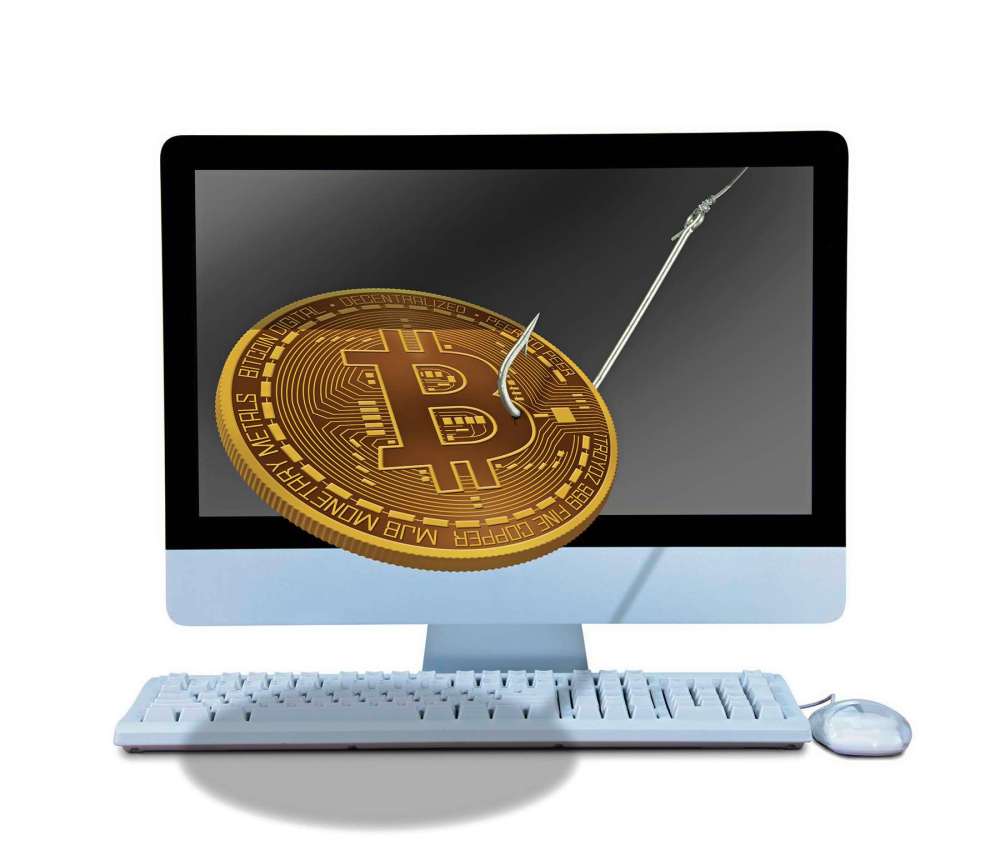Beware of scammers asking for Bitcoin
Advertisement
Hey there, time traveller!
This article was published 16/03/2021 (1730 days ago), so information in it may no longer be current.
Bitcoin, the most popular of the over 1,300 cryptocurrencies, is currently one of the biggest newsmakers in the financial world. Unfortunately, for all the good that has come from it, there have been negative stories of its use in scams.
In Manitoba alone, a large amount of people have fallen victim to various scams including romance scams, Canada Revenue Agency scams and job opportunity scams, whereby fraudsters are asking victims to send them money in the form of Bitcoin. In 2019, fraudsters obtained $7.5 million from innocent Canadian victims.
Each scam relies on the fraudster gaining the trust of the victim and, depending on the scam, the victim’s desire to obtain something for themselves or to provide assistance to another person. When the victim agrees to the send the funds, the fraudster directs them to send the money from a Bitcoin ATM to the fraudster’s digital wallet. Once the money is sent to the fraudster’s digital wallet that money cannot be retrieved due to how Bitcoin transactions work.

To protect yourself from scams involving Bitcoin or other cryptocurrency payments, there are several rules you should follow:
- Never send money through a Bitcoin ATM to a digital wallet for someone you do not know or have not met in person;
- Never pay outstanding bills by sending money through a Bitcoin ATM. Government agencies, including the CRA, do not accept Bitcoin as a form of payment;
- Never transfer funds through a Bitcoin ATM that you have received by cheque or e-transfer until the funds have officially cleared your account. This can take several days or more. If there are issues with a cheque or an e-transfer, it can take weeks before it is returned as fraudulent;
- Before considering paying any person or business through a Bitcoin ATM, it is best to familiarize yourself with what Bitcoin is and how it works. Research on the internet can help you detect potential scams involving Bitcoin or other cryptocurrency.
A helpful resource is the Canadian Anti-Fraud Centre. It has up-to-date information on new trends in frauds and scams, including those that involve Bitcoin payment. For more information visit www.antifraudcentre.ca.
— March is Fraud Prevention Month, so Canstar Community News is running stories from the Winnipeg Police Service which outline common fraud schemes and offer tips on how to avoid them.

Winnipeg Police Service
Fraud Awareness Month
March is Fraud Prevention Month, and the Free Press Community Review is sharing stories from the Winnipeg Police Service on its annual campaign to help you recognize, report and reject fraud.
Our newsroom depends on a growing audience of readers to power our journalism. If you are not a paid reader, please consider becoming a subscriber.
Our newsroom depends on its audience of readers to power our journalism. Thank you for your support.




